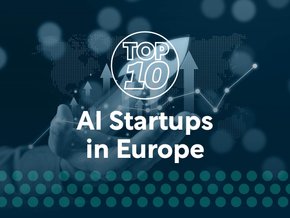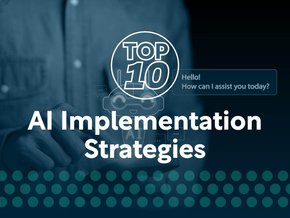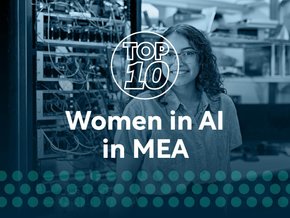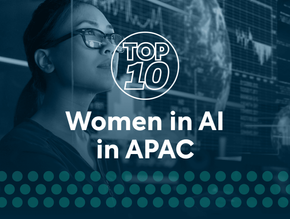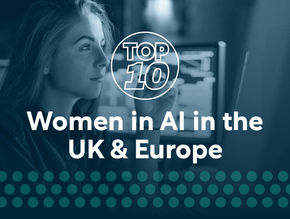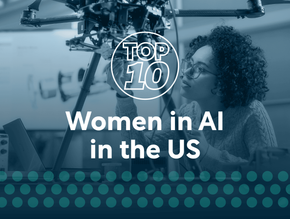
Machine Learning and Artificial Intelligence (AI) are staples for everyday life in business and in our personal lives. To see the full extent of how AI influences our lives, we take a look at some of the ways AI is applied in real life.
10: AI in Artificial Creativity
Artificial Intelligence has made interesting breakthroughs in the photo and video editing industry. Luminar AI, created by Skylum Software, is an image editor that is fully powered by artificial intelligence. The software revolutionises the way customers can produce great imagery, and cuts out many of the processes required to edit a great image. In particular, the software provides the customer with a ‘sky swap’ function, which not only replaces the sky in an image, it also blends the image to look as realistic as possible.
09: AI in Chatbots
Website engagement is an important tool for many businesses. In many cases an online chat can solve customer issues faster than any other method, and now artificial intelligence is taking control of this. By pulling information from a database, Artificial intelligence and machine learning allows the chatbot to come up with useful questions and responses to simple queries via a website chat. Some other common applications include Amazon’s ‘Alexa’ and Apple’s ‘Siri’ Chatbot.
08: AI in Autonomous Vehicles
Artificial intelligence has come a long way in creating the self driving car. Technology company Waymo has built a system that uses advanced Deep Learning algorithms to predict the activity of objects within the vicinity of the vehicle. The system collects data from a radar, cameras, GPS, and cloud services to produce signals that control the vehicle.
07: AI in Space Exploration
The most recent development in space exploration is the SpaceX ‘Perseverance Rover’. The Rover requires artificial intelligence and machine learning to collect such a large scale of data. The Rover successfully landed on Mars on February 18th, 2021, and uses artificial intelligence to move around the planet and gather valuable data.
06: AI in Gaming
Game design has developed exponentially since it began using artificial intelligence to create ‘bots’. DeepMind’s AlphaGo is an AI-based software that was responsible for beating a world champion gamer, and was later trumped by its own updated version, AlphaGo Zero. The software is used to create unpredictable opponents and other characters within modern games.
05: AI in Healthcare
The predictive nature of AI and Machine Learning can be applied to significant life-saving developments. Healthcare company, Cambio, developed an AI driven support system, which is capable of predicting patient activity based on their likelihood of heart stroke. Artificial intelligence is also capable of finding cardiac disease, as proven by technology company Coala Life.
04: AI in Agriculture
Artificial Intelligence is a game changer for the agricultural industry. Organisations are using automation and robotics to support farmers in finding more efficient ways to protect crops from weeds. Berlin-based tech company, PEAT, has developed an app called Plantix, that is capable of identifying potential defects and nutrient deficiencies in the soil through the use of images.
03: AI in Finance
The nature of stock trading is fast and unpredictable. Artificial intelligence is used in trading by companies to improve performance, and increase profits. It does this by analysing data and predicting fluctuations in the market. Nomura Securities, a leading broker in Japan, is set to introduce a new Artificial Intelligence driven stock trading system.
02: AI in Banking
Artificial Intelligence is making its way into all areas of cybersecurity. Banking in particular is an industry where security is highly important, especially in the digital age where criminals can attack banks without stepping foot in them. AI is in many aspects of banking, from vetting new clients, to detecting potential weaknesses in security systems.
01: AI in Marketing
Marketing encompasses all aspects of advertising, social media and branding. Artificial intelligence has many uses in marketing, one of which is to predict suitable products and services for device users. A great example of this is Netflix. The use of predictive technology determines what programmes and films are suitable for the viewer, based on their previous viewing history. Ultimately, predictive technology can put anything in front of a customer that relates to their previous views and online searches.

